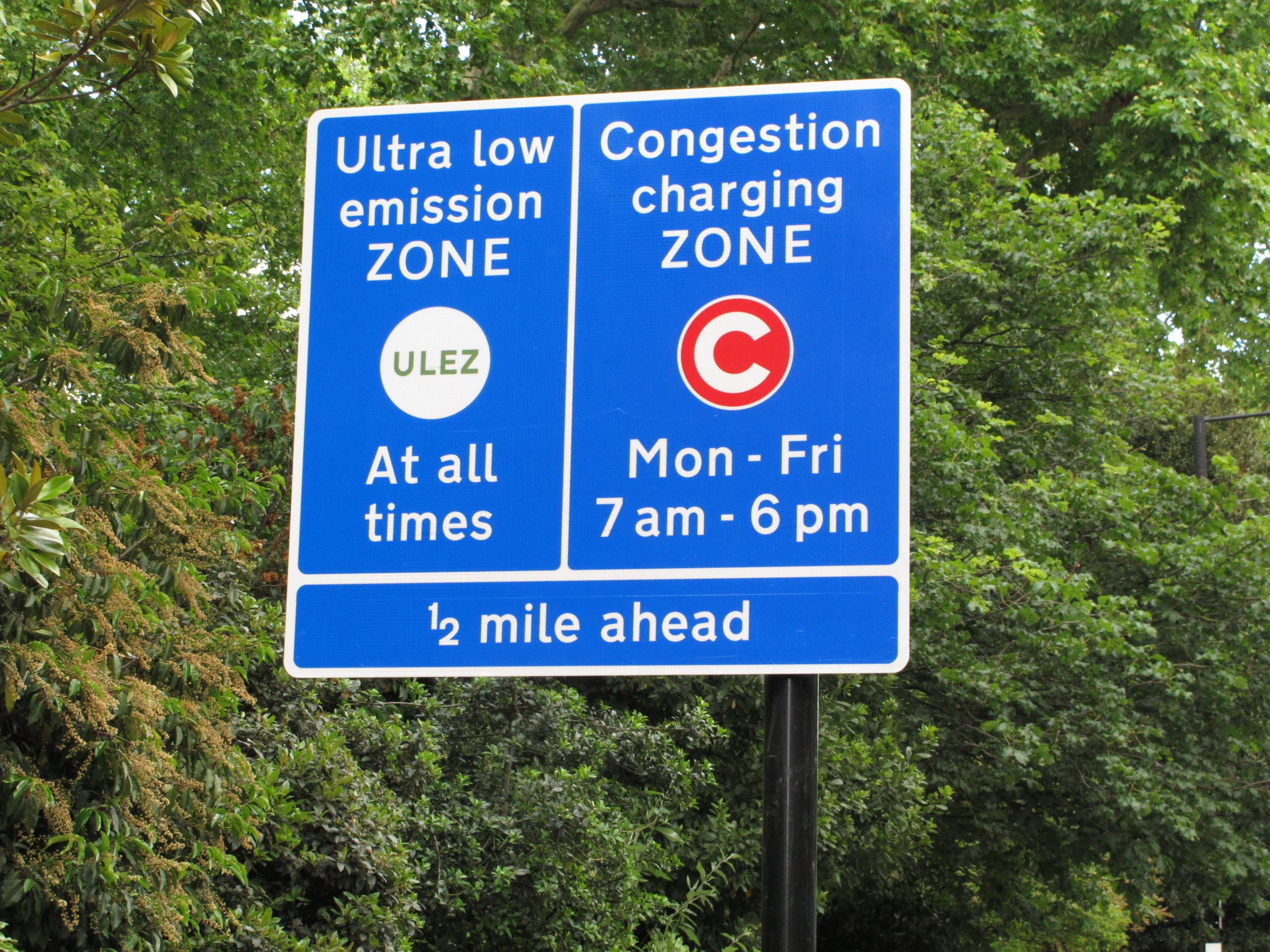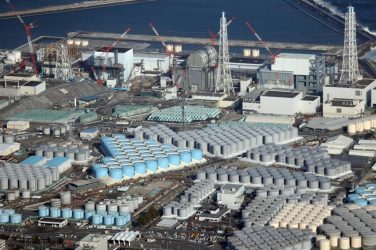In 2019 Boris Johnson introduced the Ultra Low Emission Zone (ULEZ) in London, a policy aimed at improving air quality in the city. The ULEZ policy requires drivers of older and more polluting vehicles to pay a fee to enter the designated area in central London. The aim of this policy is to encourage the use of cleaner, more environmentally friendly vehicles and reduce the number of polluting cars on the road.
The ULEZ policy has been successful in reducing air pollution levels in London, with a reported reduction in nitrogen dioxide levels up to 36% in the first year of its implementation. This has resulted in significant health benefits for Londoners with estimates suggesting that the policy could prevent up to 400 premature deaths per year.
However, some critics have argued that the ULEZ policy unfairly targets low-income households who may not be able to afford newer, more environmentally friendly vehicles. They also argue that the policy may disproportionately affect small businesses and drivers who rely on their vehicles for work, since it requires the charge of £12.50 a day for the drivers of vehicles that do not meet the minimum emission standards within the zone.
These critiques have increased after mayor Sadiq Khan has announced his commitment to expand the ULEZ area across all of London from August, which concerned mainly the citizens who live in the outskirt of the capital who do not have access to an adequate public transportation as the ones resident in the city center.
While in an interview to the BBC the mayor has defended the planned expansion since he wants to be “on the right side of history”, trying to improve London air quality, he couldn’t defend himself from the widespread criticism. In fact, 11 out of 19 outer London councils have expressed concerns over this policy, asking the mayor to improve the public transportation system or delay the implementation of the ULEZ expansion. Also, Boris Johnson himself has accused the mayor of planning to expand the scheme for money-making reasons.
Nonetheless the various critiques, mayor Khan has reasserted its commitment to «introduce the biggest scrappage scheme in the history of this country that will support low income families, charities, sole traders and businesses transition from a polluting vehicle to one that is less polluting», in order to face the issue of poor air quality that caused many health issues for the residents.









Show Comments